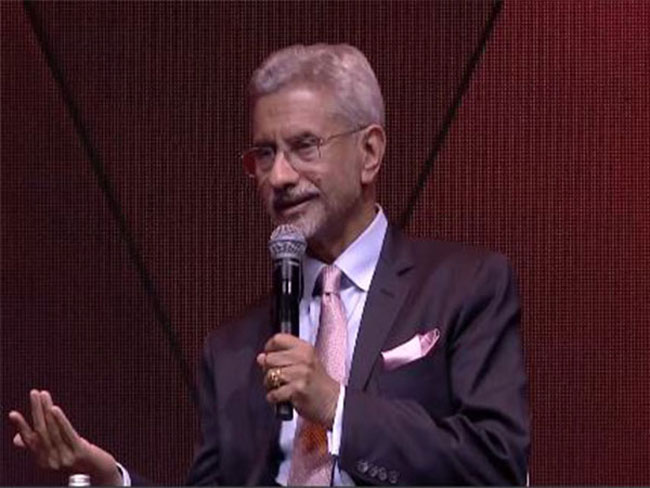Mumbai:External Affairs Minister S Jaishankar on Monday called for “urgent” measures to address the issue of widening trade deficit between India and Russia.
While India’s exports to Russia stood at only USD 2.24 billion in April-August this fiscal, imports soared to USD 27.35 billion during the period. The trade deficit is aggregated at USD 25.11 billion.
The high trade deficit is mainly on account crude imports.
Russia emerged as India’s biggest supplier of crude oil, which is converted into fuels like petrol and diesel in refineries, after Russian oil was available on discount following some European nations shunning purchases from Moscow over its invasion of Ukraine in February 2022.
Addressing the India-Russia Business Forum here, S Jaishankar also pitched for removal of non-tariff barriers and regulatory impediments to help improve the trade balance with Russia.
“The balance of trade needs urgent redressal since it is so one-sided. It is imperative that non-tariff barriers and regulatory impediments are speedily addressed for this to happen,” he said.
The bilateral trade currently stands at USD 66 billion, and the goal of reaching USD 100 billion is “more than realistic”, he added.
Further, he advocated for mutual settlement of trade in the national currencies, especially in the “current circumstances”.
“Special Rupee Vostro Accounts are right now an effective mechanism. However, even in the short run, a better trade balance with national currency settlements is the answer,” he added.
S Jaishankar said the meeting between Prime Minister Narendra Modi and President Vladimir Putin at the Annual Summit in Moscow and last month in Kazan provided a “strategic direction”.
“A partnership between an India that has an 8 per cent growth rate for multiple decades ahead, and a Russia that is a key natural resources provider and a major technology leader will serve both of them and the world well,” he said.
Continued attention is needed on the three connectivity initiatives between two economies, S Jaishankar said, referring to International North-“South Transport Corridor, Chennai-Vladivostok Corridor and the Northern Maritime Route.
“It is natural that there would be concerns, such as banking and payment related issues, logistical challenges like shipping, insurance and reinsurance as well as market access. Obviously, we have to find solutions that work to the comfort level of those actually involved in trade,” he said.
In energy domains like oil, gas, coal or uranium, India will always be a major player in the international markets.
“This applies as well to the demand for fertilisers of various kinds. Constructing a mutually beneficial arrangement will help us both address the volatility and the uncertainty of our times,” the minister said.
India and Russia can also partner to address the “demographic unevenness” or to capitalise on the global workplace model, he said, adding that this will require a focused initiative that “customises human resources” for Russian market.
He also said non-economic domains are also important, such as using education and films for a larger societal but also an economic connect between the two countries.
Russian Deputy Prime Minister Denis Manturov was also present at the event, which was supported by Indian industry lobby grouping Ficci and had many businessmen in attendance, including Mahindra’s Anish Shah.




